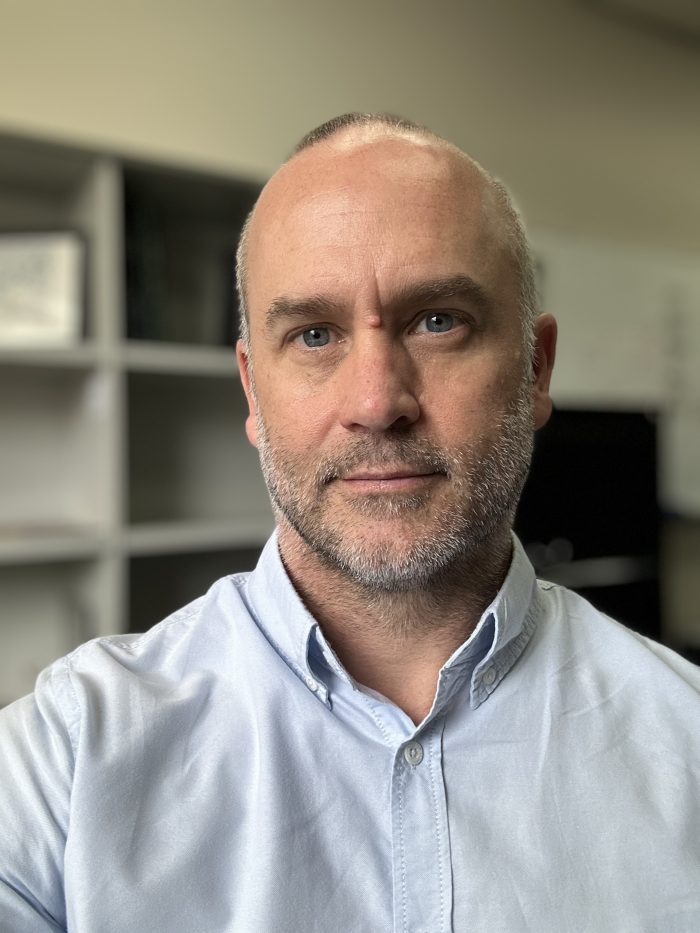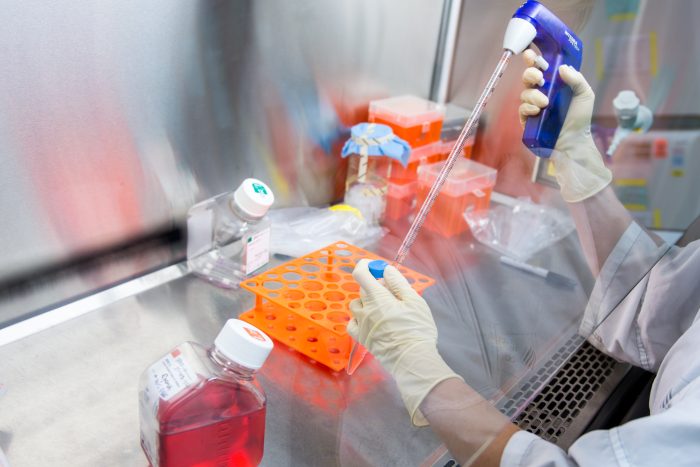

New Methodologies for Radiofluorination
Theme 4
A crucial area of research for advancing and maximising radiochemical imaging techniques is the development of new PET and SPECT chemical tracers. In this regard, fluorine-18 (F-18) has become a key and often used radionuclide in PET imaging due to its half-life and high positron-emission yield properties. Traditional synthetic methods for the preparation of molecules containing the F-18 isotope typically exploit the nucleophilic substitution mode of reactivity presented by the F-18 fluoride anion. For the full potential of F-18-based imaging agents to be realised, there is a growing need to expand the range of such compounds through the development of new designs and synthetic methods for their assembly.
This research theme explores the development of several innovative approaches to address this challenge. It will focus on the creation of new synthetic methods that can incorporate the F-18 isotope into small molecules through the realisation of new modes of reactivity. It will also reveal new catalytic technology that can mediate late-stage fluorination reactions and significantly enhance the value of existing compounds by improving their utility as imaging agents. The focus will be on developing cost-effective synthetic procedures that are fast with high radiochemical yields and purity.
Theme Leaders

Prof. Philip Chan
Prof. Philip Chan
Professional Background:
Professor Philip Chan is the Associate Head (Postgraduate Research) at the School of Chemistry, Monash University and “New Methodologies for Radiofluorination” theme leader of the ARC Development of Advanced Radiochemical Technologies (DART) Industrial Transformation Training Centre. Since graduating with his D.Phil. degree from the University of Oxford, Philip has developed over 115 new catalytic methods for the concise and efficient synthesis of complex molecules and their applications in other fields ranging from medicine to materials science. He has been well supported by ARC Discovery Project grants and maintains several ongoing and highly productive collaborations with various and academic and industry partners.
Research Interests:
The Chan Lab is focused on the discovery and understanding of new and sustainable reactions through the power of homogeneous catalysis and their application to the synthesis of bioactive compounds and functional materials. To achieve these aims, research in the group is centred on the three main areas of organocatalysis, and transition metal and photoredox catalysis. Included in this is the design and realisation of new synthetic methods that can selectively radiolabel peptides and peptidomimetics as well as bioconjugation and targeting strategies.


A/Prof. Benjamin Fraser
A/Prof. Benjamin Fraser
Professional:
A/Prof. Benjamin Fraser is the Organic Chemistry Task Leader and a Principal Radiochemist in NST Health at the Australian Nuclear Science and Technology Organisation. After obtaining his PhD at Monash University he worked as a drug discovery scientist at Biota Holdings, followed by post-doctoral work in United States at The Scripps Research Institute. Ben collaborates with scientists across Australia and internationally on the discovery and development of new radiopharmaceuticals.
Research:
A/Prof. Fraser's laboratories focus on the discovery and development of new radiopharmaceuticals utilising both imaging (Fluorine-18, Gallium-68, Iodine-123) and therapeutic (Lutetium-177, Lead-212, Terbium-161 and Hg-203) radioisotopes. New radiopharmaceuticals undergo in vivo characterisation in animal models of disease in collaboration with the ANSTO biology and imaging teams.







